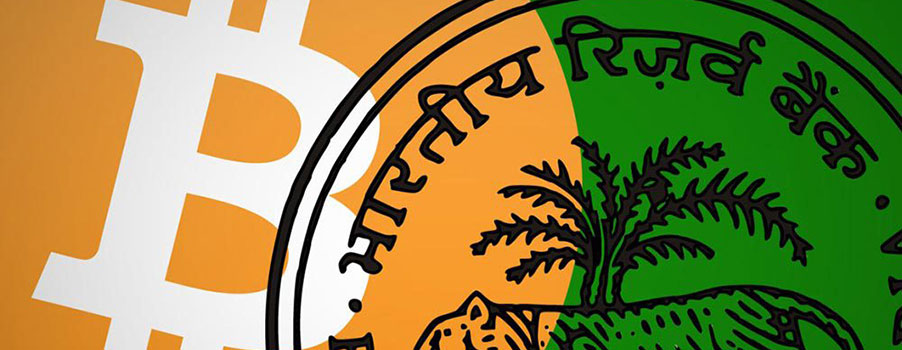It has been a little less than a year since crypto exploded into mainstream awareness but it is already becoming the focus of a growing number of university courses and educational programs. A few of these courses are based on the actual coding, computer science, and cryptography that lie behind cryptocurrencies. However, more and more courses are being tailored with the idea of providing a detailed introduction to crypto in mind – the intention is to allow the more business-focused audiences to have a basis for deciding whether or not to adopt crypto and to what extent they should do this.
While this may seem like a profit-oriented venture by universities that have found ways to capitalize on the cryptocurrency frenzy, the students themselves have reported considerable satisfaction with the teaching that they have received so. Even though the courses simply focus on teaching how to conceptualize blockchain instead of how the technology is coded and created, the knowledge that is imparted is still vital enough to be a major driving force for crypto if it is to be adopted on a global scale.
In the United States, crypto is mostly taught in the context of business-related programs, with very few universities offering specific degrees in crypto or blockchain technology. As it stands, a decent number of high – profile MBA programs in the country have already included or are including crypto-based courses that enable the students to have a grasp on crypto.
Russian Universities Join the Bandwagon
Just like the United States and a few other parts of the world, more academic institutions in Russia are beginning to offer educational courses as well as postgraduate programs focused on crypto and blockchain.
The most recent entrants are three Russian universities who have recently announced new courses and majors all related to cryptocurrencies and associated crypto technologies. These programs will be offered immediately the next academic year kicks off this fall and they will cover a wide array of subjects that include digital economy, cryptography, blockchain, distributed ledger technologies and alternative payment systems among others.
The Voronezh State University (VSU), one of the three universities, has already formulated a bachelor’s degree program that is all about studying digital economy and blockchain technology. Referred to as the “Models and methods for analyzing the digital economy”, the new major will be offered by the university’s Department of Information Technologies and Mathematical Methods in Economics.
The Don State Technical University (DTSU), on the other hand, will be offering two master’s programs in blockchain technologies – these will be “Intellectual systems based on blockchain technologies” and “Digital accounting and management.”
“We offer graduate students [the opportunity] to study in depth the distributed ledger technology. Blockchain is a promising technology that is rapidly introduced in many areas of life. Demand for specialists in this field is growing every day,” said DSTU’s Vice-Rector Alexey Belskopilniy.










